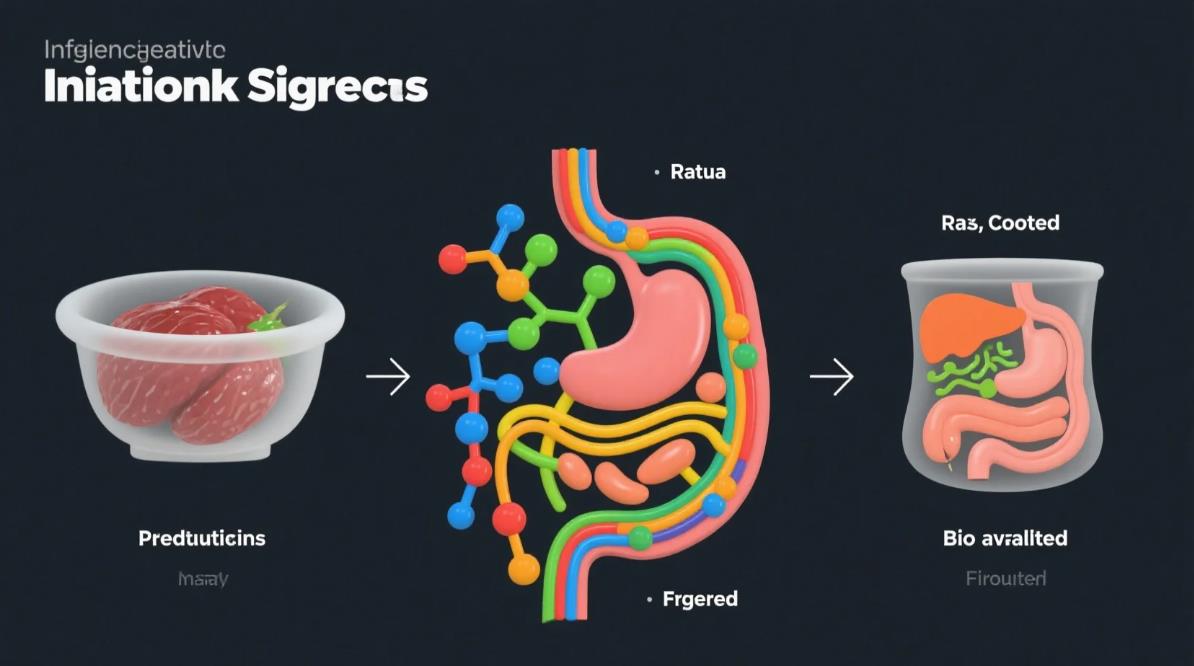Swearing is often seen as a sign of being low-class, vulgar, and uncivilized. Since childhood, we have been taught by our parents that swearing is a bad language habit and only people who lack manners and have low cultural quality use swear words. However, in recent years, research on swearing has overturned this traditional view. Scientists have discovered that using swear words appropriately may not be a sign of stupidity, but rather a demonstration of linguistic advantage, and in some cases, it can enhance physical performance, relieve pain, and even make people more honest.

Studies show that people who swear are not necessarily low in IQ or cultural level. A 2015 study on the relationship between swearing and language ability showed that people with a rich vocabulary and strong language expression abilities are often the ones who swear the most. Scientists believe that swearing is not just an emotional release, but may reflect linguistic flexibility.
This study has led us to reconsider our views on swearing. We often think of swearing as synonymous with ignorance and rudeness, but the "linguistic status" of swearing doesn’t seem so low after all. Scientists believe that swearing reflects the brain’s flexibility and the efficiency of emotional expression. Just like an efficient communication tool, swearing can convey emotions quickly and directly without needing much complex embellishment. When we are emotionally charged, swearing often gives us an immediate sense of release, like opening a window to our emotions, and allowing suppressed feelings to be expressed.

Besides reflecting linguistic advantages, research also found that people who habitually swear are often more honest in their daily lives. It turns out that swearing is not just an outlet for emotions; it is also a tool for honestly expressing one’s feelings. When we use direct language to express our true emotions, we often become more sincere without even realizing it. For example, in everyday conversation, we might soften our dissatisfaction with polite words, but in urgent situations, swear words like “this is bullshit” can more accurately and straightforwardly reflect our real emotions. Swearing to express dissatisfaction and anger can facilitate more genuine communication and reduce hypocrisy in social interactions.

Another scientific discovery about swearing may surprise you: swearing can help enhance physical performance and even improve endurance. When we are engaged in high-intensity exercise or experiencing pain, shouting a swear word can significantly increase our physical endurance. For example, in one study, participants were asked to ride a bike against resistance, and it was found that those who shouted swear words while cycling performed with greater endurance and strength compared to those who used "neutral" words. This is because swearing can activate the body's stress response, quickly trigger the secretion of adrenaline, increase heart rate, and accelerate breathing, preparing muscles for the "fight or flight" response. This discovery is not unfounded. When we experience sudden pain or hardship, swearing acts like a mental "quick-release valve". For example, when we accidentally pinch our finger on a door, the intense pain is unbearable. At this moment, if we curse with an expletive like “damn”, it seems to instantly alleviate some of the pain, because swearing stimulates certain areas of the brain and prompts the brain to release natural pain-relieving substances, making it easier for us to cope with physical discomfort. However, excessive use of swear words may have the opposite effect. Frequent swearing can reduce its impact, causing it to lose its emotional intensity. It’s like pressing a button too often: over time, the sensitivity of the button decreases, and the effect of swearing is weakened.
It seems that one day, swearing will be "rehabilitated". In certain moments of life, swearing occasionally can even have some positive effects. Isn’t it interesting? Will you begin to view the person around you who swears frequently with a new perspective?





